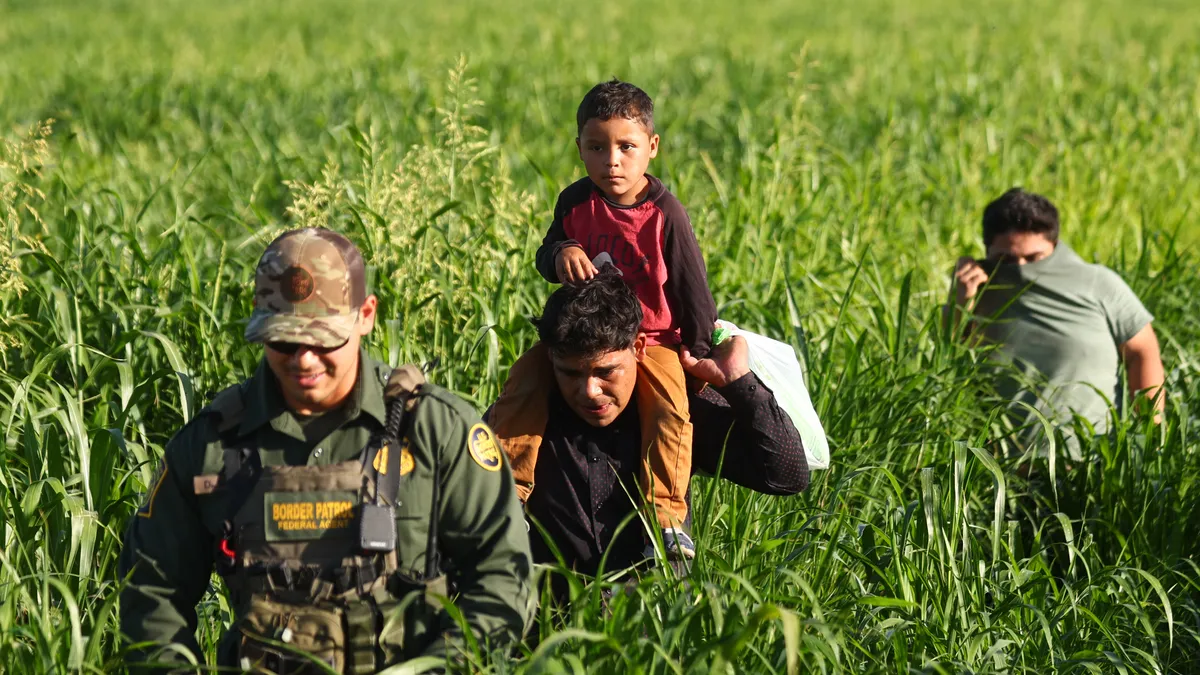Andrew Gould is a former justice of the Arizona Supreme Court and a partner at Holtzman Vogel Baran Torchinsky & Josefiak. Opinions are the author’s own.

Illegal immigration and border security are complex issues, causing ripple effects into unexpected sectors. An often overlooked aspect of conversations surrounding policy, however, is the impact of illegal immigration on farmers who own agricultural land along the border.
Without robust border security, farmers have to implement expensive food safety measures and other precautions to deal with the fallout from a surge in crossings. In Yuma, Arizona, which grows the majority of the country's leafy greens, farmers are spending a significant amount to protect their crops, their workers and migrants themselves.
Border crossings have soared over the last few years, and the instability has impacted Yuma substantially. By conservative estimates, total encounters (defined as an interaction between an undocumented person and U.S. law and/or border enforcement) more than doubled in Yuma, increasing from 114,488 in 2021 to 310,094 in 2022.
Many migrants making their way through the U.S. trespass onto farmland, creating a number of safety concerns and forcing farmers to take on additional costs to protect their operations. Every intrusion must be carefully documented, and farmers have to destroy any crops around areas where illegal trespassing occurred to prevent contamination.
To prevent such intrusions, farmers have purchased expensive fencing to prevent people from entering their fields and technology to increase electronic field monitoring. They've also invested in no trespassing signage in English and Spanish, plus dumpsters and bathrooms for immigrants to use to keep the fields safe.
Yuma County Emergency Management, for example, has budgeted $70,000 to lease port-a-potties. At a congressional hearing this year, Arizona farmers and others detailed costs in the tens of thousands to replace fences, pick up litter and install signage.
But fields aren't the only safety concern. Increased cartel activity along the border has also made it necessary for Yuma farmers to implement additional safety measures and training, with some paying for additional labor to eliminate the danger posed to lone workers. Migrants themselves are also at risk, and could be harmed by large farm equipment or the effects of pesticide or fertilizer application.
To be clear, legal immigration options like H-2A visas are a vital source of labor for border farms and the local economy. But stronger border enforcement is needed to ensure that a surge in crossings doesn't impede on food safety and farmers' livelihoods.










